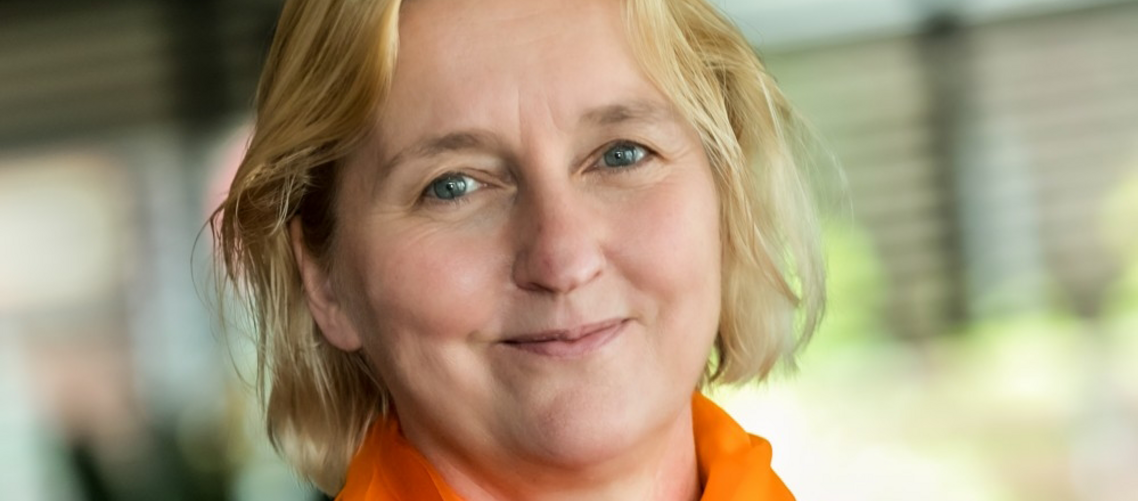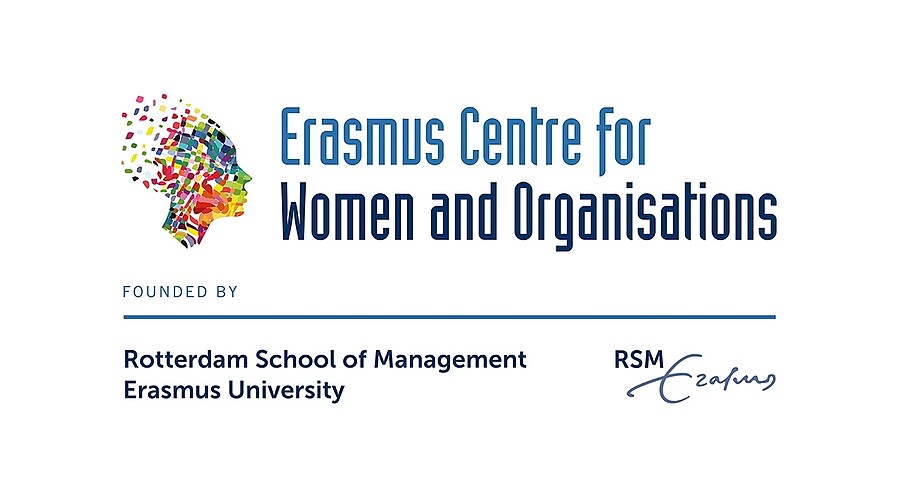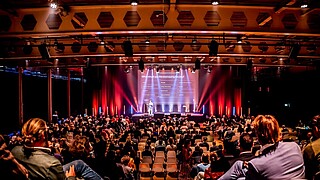Can you reflect a little on what Dianne achieved with ECWO?
Under Dianne’s leadership she made a powerful noise and truly achieved awareness and impact. Through the very fact of establishing ECWO in a business school and then creating our programmes, working with companies and nurturing a community of amazing women, she stimulated thinking around how to reach gender equality. And she did this in a way that gender equality is not only seen as a “women’s thing” but is recognised for bringing great added value - not only for individuals (both men and women) but for organisations themselves, as well as society at large. I am really grateful to Dianne for that and am excited to take the next step.
What do you see as important in ECWO’s next step?
It is important that, when building on the programmes that were so essential in ECWO’s pioneering work, we gain an even deeper understanding of the mechanisms that are underlying the inequalities that we still observe. At the same time we also need research that helps develop our existing programmes and helps establish new ones - and that can guide organisations into creating sustainable change towards gender equality. That is what I hope to bring in the next few years.
In her final interview Dianne said it made her happy to know how you’d be building significantly on ECWO’s research side. Can you expand on your vision for this in the coming years?
Research is a very important tool in monitoring progress and setting SMART objectives – objectives that are specific, measurable, achievable, (sometimes agreed), realistic (or relevant) and time-bound, (or timely). Doing this forces organisations to get into action, to monitor progress and to evaluate - on an annual, or at least periodic basis - whether they are still heading towards the right objective. A SMART objective for one company may be different to a SMART objective for another and, in order to determine what is best, the first step is a scan of your organisation. This not only provides more information about representation in numbers but it also gives an overview of the policies and procedures that are in place to advance gender equality. It also allows organisations to map the cultural aspects within the company that are barriers and facilitators of change. ECWO is beginning to work with organisations in doing this scan and then collaboratively formulating their highest priorities and defining their SMART objectives.
Does the EQUAL4EUROPE (E4E) project play a role in how this is being integrated into ECWO’s work?
Yes indeed. I worked closely with Dianne and (Prof.) Mike (Page) on the E4E application and, like Dianne, was thrilled when we won the grant in a consortium of six universities. The aim of E4E is to develop and implement tailored gender equality plans for business and management schools and social sciences institutions throughout Europe in a way that realises sustainable cultural and institutional change. A large part of our role is the project is undertaking an assessment of the gender situation and then identifying SMART objectives that can take gender equality forward. We are now more than a year into the project and are already bringing insights gained into our collaborative work with companies.
Why is this even more important than ever?
ECWO, at its core, is about gender equality and achieving gender-balanced leadership. If you take a wide-lens view, especially in this COVID-19 world, you see that diversity and inclusion is high on national and international agendas and we are mindful of locating ECWO in that broader terrain and using what is happening in the outside world to focus our work and research. For example, the current pandemic has put in plain sight the harassment that women face, especially on social media. This is an area we need to act on, to better understand how to counteract it. We don’t want the voices of women to be silenced because people feel free to harass them through social media.
Harassment is an area that ECWO is also focusing on more directly, through our Stand Up. Reach Out (SURO) workshops.
Indeed. We believe that a safe and inclusive working environment is a prerequisite for employees to develop their potentials to the fullest and is good for every single person in an organisation. Unfortunately, harassment - ranging from micro aggressions to overt misbehaviour - is still quite common in the workplace, and affects women more than men. Our SURO workshop is designed to address harassment from the perspective of the individuals involved and the participant’s ability to productively intervene. Natalie (Cleton) has written more about it here and she is joining me in presenting these workshops at institutions and organisations in the Netherlands. Working in the area of social safety is also a way that we are expanding our community to include people who are targets because they are not “the norm” which brings our work into the area of intersctionality.
Is there a guiding vision that you are bringing to your role?
I’d like to change the language from why are there so few women progressing into leadership positions in organisations to why are there so many men in higher positions. I would like all of us in the ECWO community to really think about that, and to realise that women are not the problem and neither are men the problem. The problem is that there is no equal opportunity. For instance, the fact that so few girls and women engage in technical and economic studies is not a problem of girls and women not being interested in these areas: it’s a failure of male-dominated systems to be attractive to a diverse workforce.
Any final thoughts to share?
Dianne built the most incredible ECWO community and my aim is to further build it so we can even better support each other; so that we can stand up and reach out together and truly empower one another. And I just want to have fun! Of course I do find it very difficult because, although her actual shoe size was smaller than mine, I have very, very big shoes to fill, with feet that are different to Dianne’s! But, moving forward, I hope that I can serve ECWO and build the team in such a way that together we can continue and expand Dianne’s work. Already Dory (Grandia, ECWO’s Assistant Director) is taking the lead as ECWO’s education head, building and expanding into new areas. It’s a collective effort with shared leadership driving us forward in a way that will sustain ECWO and our community. We are also going to be celebrating Dianne’s incredible life, legacy and impact with a Professor Dianne Bevelander Memorial Fund. We will share the details of this in due course, along with those of ECWO’s first conference in several years which we are aiming to hold in 2022. So I’d like to say to our community: keep walking with us in this journey towards gender balanced leadership and gender equality. Together we are powerful.


